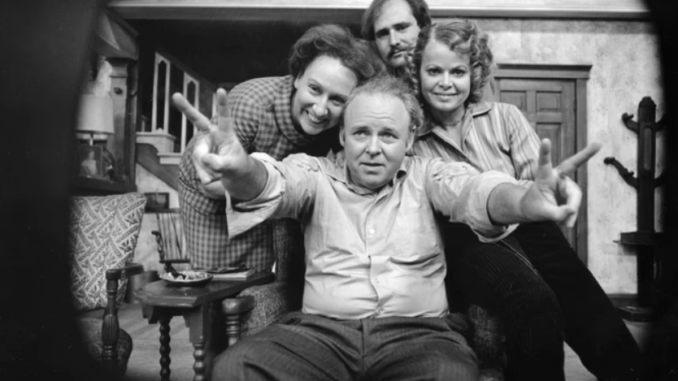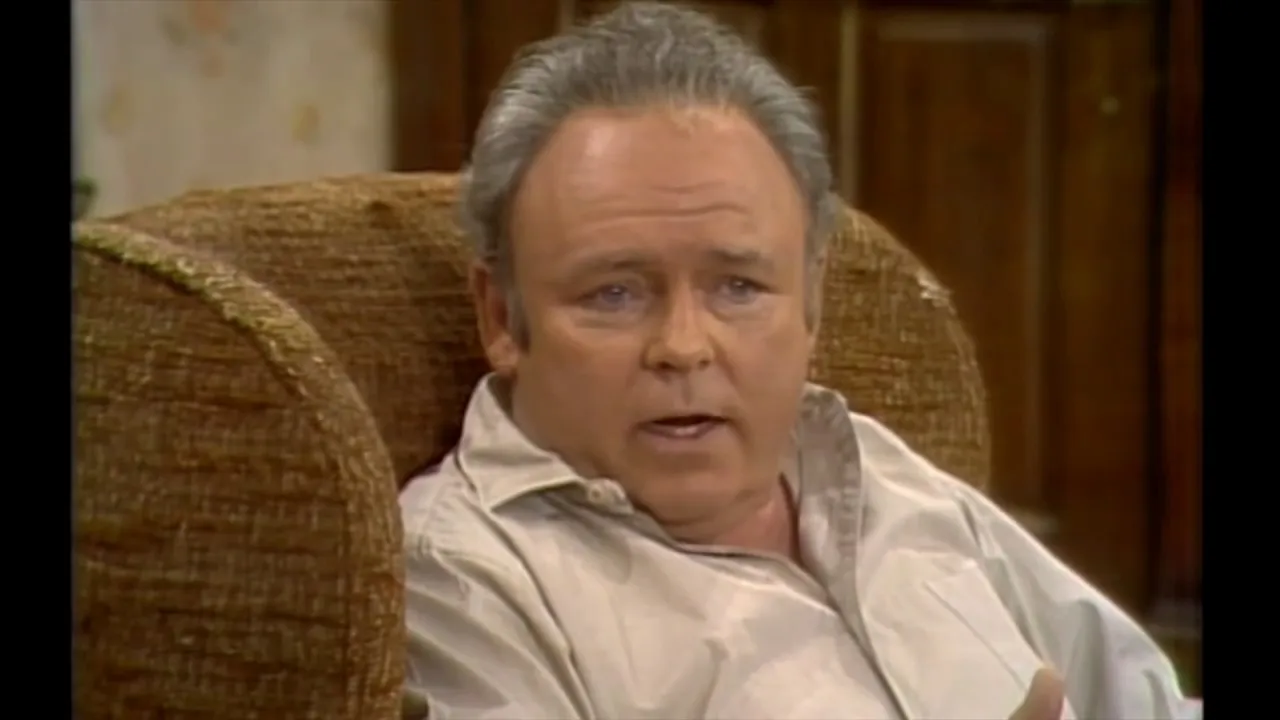
Few characters in television history have generated as much controversy, conversation, and cultural impact as Archie Bunker. Played masterfully by Carroll O’Connor, Archie wasn’t just a loudmouth bigot with a recliner chair—he was a mirror held up to American society, reflecting its fears, prejudices, and contradictions.
When All in the Family debuted in 1971, audiences didn’t quite know what hit them. Here was a sitcom that didn’t shy away from talking about racism, feminism, the Vietnam War, and religion—topics once considered taboo for prime-time TV. And at the center of it all was Archie, a blue-collar Queens man with firm opinions and little tolerance for change.

What made Archie work wasn’t that he was right—it’s that he was real. Millions of Americans recognized his voice around their dinner tables. And thanks to Norman Lear’s sharp writing, Archie wasn’t a cartoon villain; he was complex. He loved his wife Edith, worried about his daughter Gloria, and clashed endlessly with his liberal son-in-law Michael “Meathead” Stivic.
Carroll O’Connor brought humanity to a character that easily could’ve been a caricature. You didn’t have to agree with Archie to feel something for him. He represented the tension of a generation caught between what America was and what it was becoming.
Decades later, Archie Bunker remains one of the most unforgettable characters in television—not for being perfect, but for showing us how messy and meaningful imperfection can be.